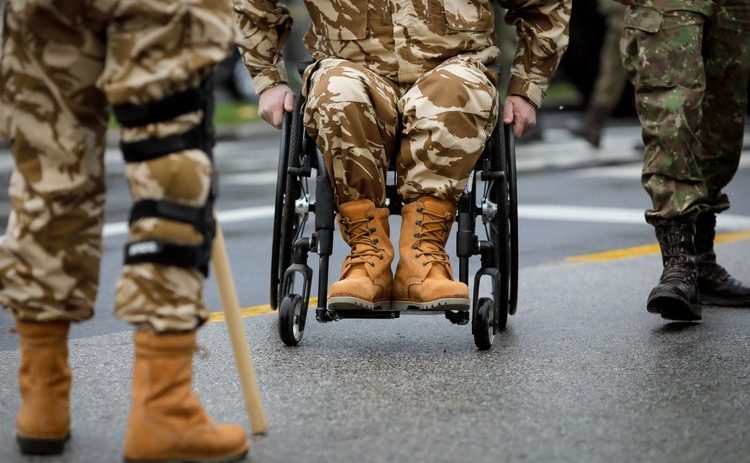Disability Granted After Decades of Knee Problems

“Harry” served honorably as a paratrooper in the U.S. Army in Vietnam from 1964 to 1966. At the time managing attorney Claire Corsey began representing him in 2021, he was 73 years old, living in Virginia, and had been unable to work since the 1980s.
For years, Harry had been suffering from severe arthritis and instability in both knees, as well as pain and discomfort in his feet. He’d even undergone total knee replacement surgeries. He survived a few bad jumps in the course of his service, and attributed the early onset of arthritis to the trauma.
Harry was service-connected for anxiety, but put in a claim for his knee and foot issues in hopes of accessing additional benefits. The VA turned down the request, claiming Harry’s civilian job was to blame for his bad knees and flat feet. The job wasn’t physically taxing, so Harry appealed the denial and requested a hearing.
Corsey found several medical journal articles that documented a strong correlation between paratroopers and early onset arthritis and joint issues. Harry also had an opinion in his file from a doctor who believed his knee injuries were caused by his in-service time.
Harry recounted his paratrooper experience in the hearing, including details about the multiple occasions when he was forced to land on his knees. Corsey highlighted the doctor’s opinion and journal evidence and submitted medical studies for the judge to consider.
After two years, the VA granted Harry service connections for 13 issues, all of which are related to bilateral knee and foot issues as a result of his service. Because of these additional benefits, Harry became eligible for total disability pay based on his unemployability, or TDIU status.
He is now 100% service-connected and has been granted an additional level of disability pay known as special monthly compensation pay. Harry has received more than $220,000 in retroactive benefits for issues that should have been addressed decades ago.